1. All in the Family
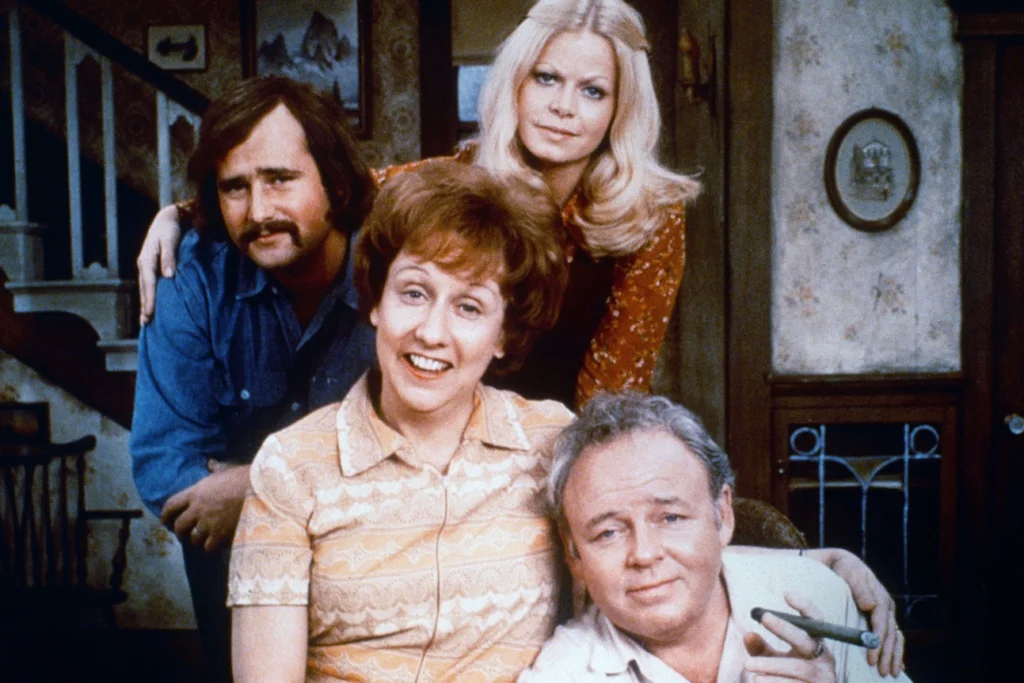
In 1971, All in the Family shattered television norms by addressing controversial topics such as racism, sexism, and political discord in a way that was never before seen on the small screen. The show’s protagonist, Archie Bunker, boldly expressed offensive views, challenging the audience to confront uncomfortable truths about American society. Through humor, the show examined topics such as gender roles, the Vietnam War, and social inequality, encouraging viewers to think critically about the issues at hand. The real genius of All in the Family was its ability to make even the most divisive discussions approachable and relatable.
While it certainly sparked debates, the show also pushed television to evolve from lighthearted entertainment to a medium where tough subjects could be addressed with humor and honesty. It offered a platform for progressive ideas to be voiced, though not without controversy. The show’s impact was undeniable, as it allowed the nation to confront their own biases while still finding a way to laugh. All in the Family set the stage for future shows that would tackle real-world problems, all while entertaining audiences with edgy humor.
2. Maude
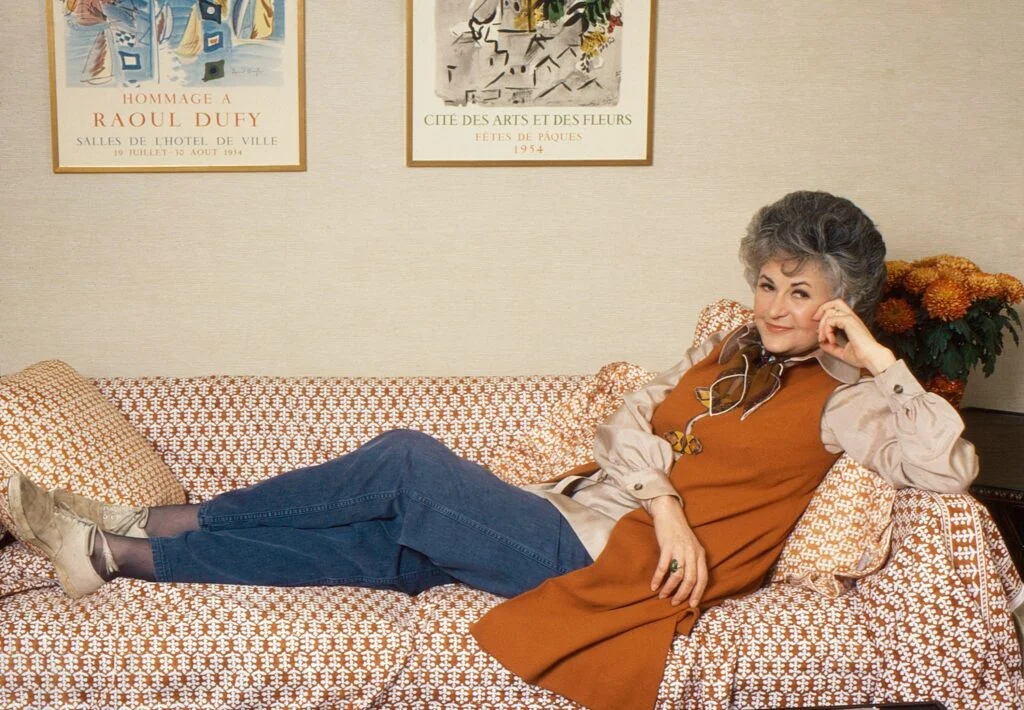
Maude, airing from 1972 to 1978, was another groundbreaking show that pushed boundaries, particularly with its focus on feminism and women’s rights. The show’s lead character, Maude Findlay, played by Bea Arthur, was an outspoken, liberal feminist who unapologetically challenged societal expectations of women. Not only did Maude deal with topics like abortion, divorce, and gender equality, but it also did so in a way that was both thought-provoking and humorous. The show made a significant impact by portraying a strong, independent woman in her 40s who wasn’t afraid to challenge authority or push for change.
The series didn’t just bring attention to feminist ideals; it also presented a more realistic view of marriage, personal freedom, and the complexities of being a woman in a rapidly changing world. Maude was fearless in its tackling of sensitive topics and in doing so, gave voice to a generation of women who were demanding more rights and autonomy. Its groundbreaking approach to female empowerment made it a significant show in television history, one that addressed issues far beyond what many were used to seeing on primetime TV.
3. Good Times
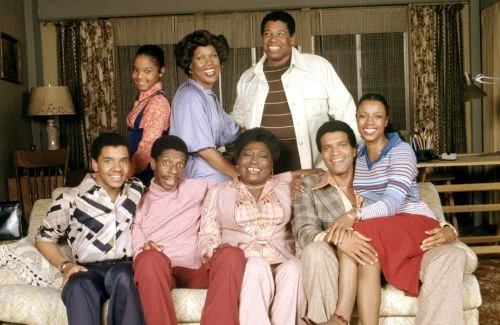
Good Times, which aired from 1974 to 1979, offered a candid portrayal of an African American family living in poverty in Chicago’s Cabrini-Green housing projects. The show’s portrayal of the struggles faced by the Evans family was revolutionary, as it dealt with complex issues like systemic racism, unemployment, and crime. While it maintained a comedic tone, Good Times did not shy away from addressing these social issues head-on, making it an important show for breaking taboos in television at the time.
What made Good Times unique was its ability to balance humor with real-world challenges. The Evans family remained optimistic despite their difficulties, offering a sense of resilience and hope. Through the show’s characters, viewers saw the importance of family, community, and perseverance, even in the face of adversity. By showcasing a Black family in such an honest and relatable way, Good Times helped reshape how television could address race and poverty in a thoughtful, meaningful manner.
4. The Mary Tyler Moore Show
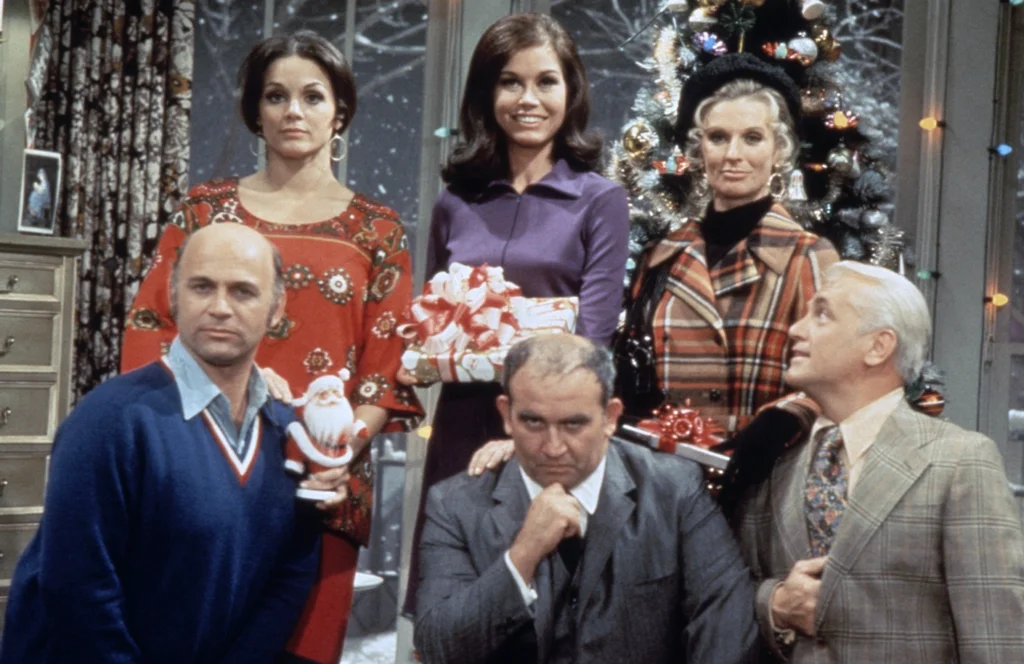
When The Mary Tyler Moore Show premiered in 1970, it was one of the first sitcoms to portray a single, independent woman as the lead character. Mary Richards, played by Mary Tyler Moore, was a career woman working as a television producer—unlike the typical role of women as housewives or romantic leads that had dominated TV. The show challenged societal norms by depicting a woman in her 30s who was unmarried, independent, and thriving in a traditionally male-dominated workplace.
The show’s impact was far-reaching, as it helped to redefine the roles women could play on television. It wasn’t just about Mary’s job or her personal life—it was about her navigating the challenges of being a woman in a modern, evolving world. The Mary Tyler Moore Show was groundbreaking because it showed that women could be successful, flawed, and ambitious, all while dealing with the real-world pressures of work, friendships, and personal relationships. It broke down stereotypes and helped set the stage for more complex and diverse female characters on TV.
5. The Odd Couple
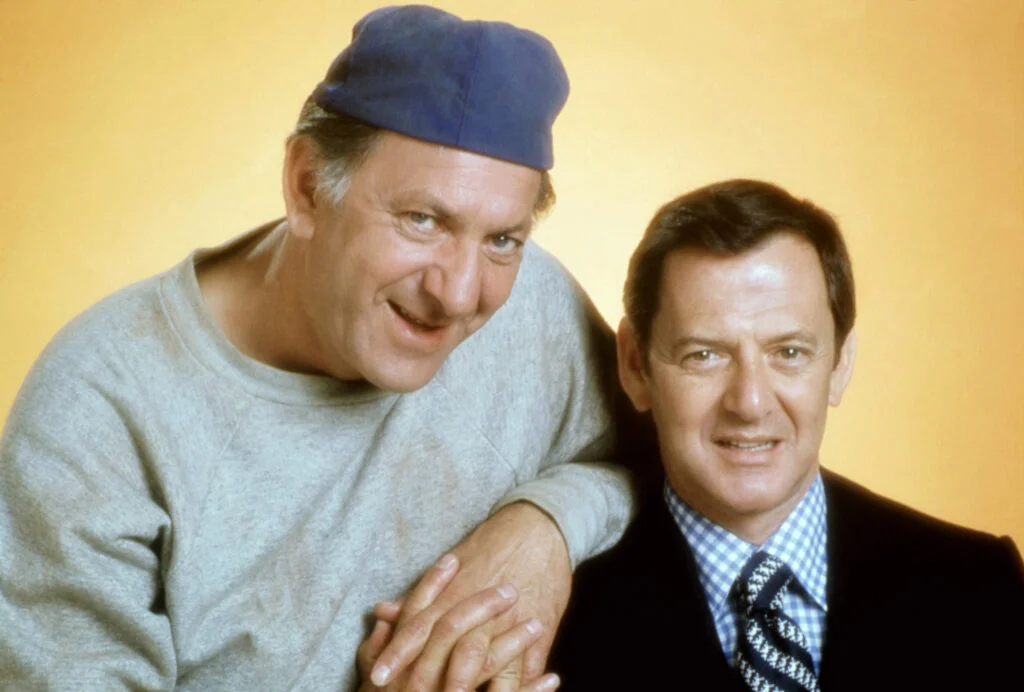
Premiering in 1970, The Odd Couple was a quirky sitcom about two mismatched roommates, one neat and orderly and the other messy and chaotic. While the premise might seem lighthearted, the show pushed boundaries by exploring deeper themes of mental health, loneliness, and personal habits. Felix and Oscar, the two central characters, were forced to live together despite their vastly different lifestyles, offering a humorous yet poignant portrayal of how people with contrasting personalities navigate shared spaces.
Beyond the laughs, The Odd Couple also made a statement about the human condition—how we learn to cope with others’ quirks and imperfections, especially when forced into close relationships. The show’s exploration of their emotional and mental well-being resonated with audiences, offering a deeper understanding of cohabitation, personal space, and human flaws. While the show was mainly about humor, its underlying themes about relationships and compromise gave it an emotional weight that was unusual for a sitcom at the time.
6. One Day at a Time
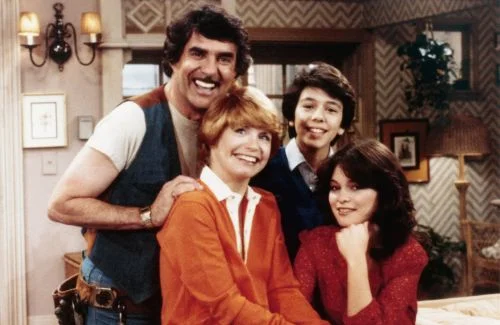
One Day at a Time, which debuted in 1975, broke new ground by addressing serious issues like divorce, single parenthood, and the struggles of working-class families. The show followed the life of Ann Romano, a newly-divorced mother raising her two teenage daughters. While the sitcom had its comedic moments, it was the show’s frank approach to social issues—especially the challenges of women navigating post-divorce life—that made it stand out from typical TV fare of the time. The character of Ann was portrayed as strong and self-sufficient, an empowering role model for many viewers.
The show didn’t shy away from showing the struggles of Ann’s everyday life, making it relatable to many single mothers and working-class families. Its portrayal of a woman balancing both career and family, while grappling with personal hardships, was revolutionary in a time when television rarely depicted such nuanced, realistic characters. One Day at a Time helped bring attention to the issues of independence and resilience, particularly for women, and it became a groundbreaking portrayal of the challenges facing modern families.


